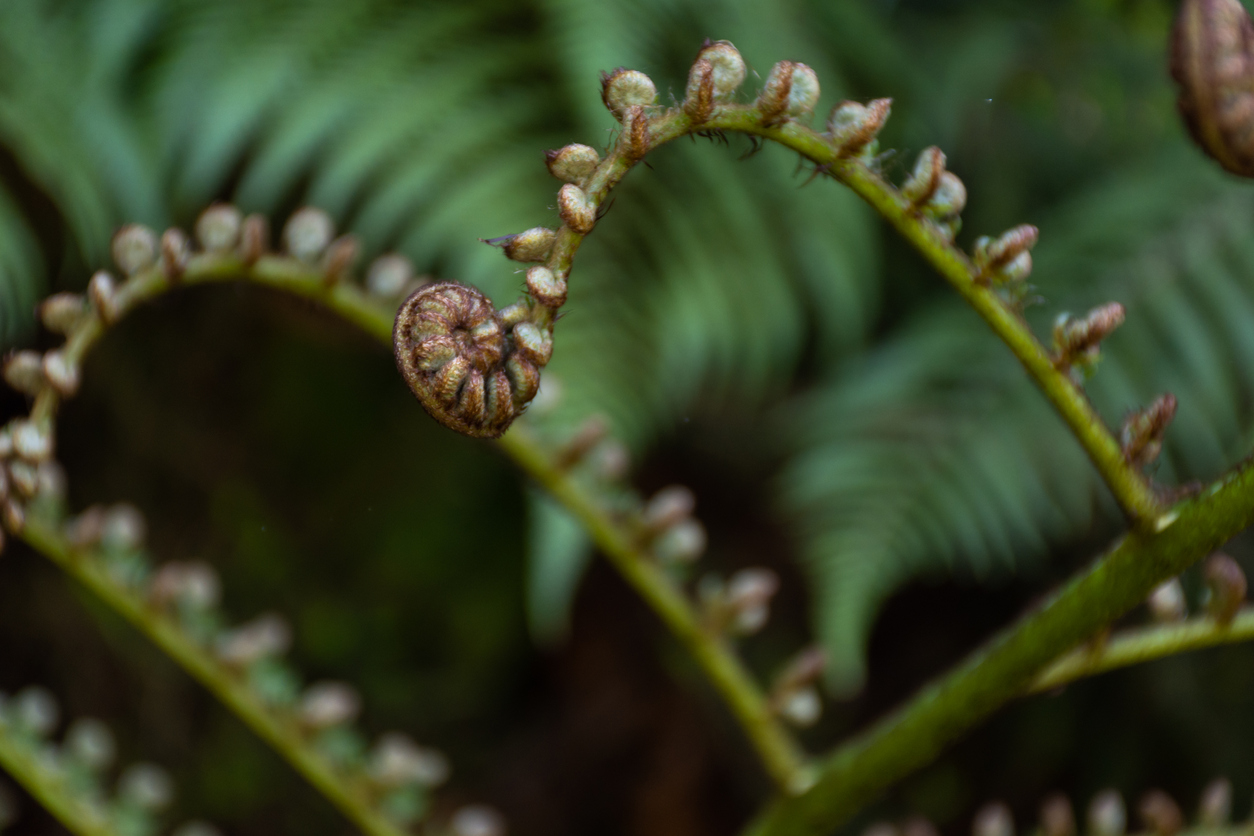No products in the cart.

New Zealand Education: Beyond Basics
To prepare our future generations for meaningful participation in the global marketplace, can a ‘back to basics’ approach to education truly suffice?
In the ongoing discourse surrounding New Zealand’s education system, a particular contention stands out – the role of mātauranga Māori within the national curriculum. Critics, such as libertarian commentator Damien Grant, argue that the state education sector’s focus on cultural inclusivity and the consultation process, or perceived lack thereof, may detract from the core academic competencies that students require. However, this perspective, while advocating for individual freedom and minimal state intervention, potentially overlooks the broader benefits that such an inclusive approach to education can yield, both for individuals and for New Zealand’s standing in the global market. It also perpetuates some of the myths about what constitutes effective teaching and learning, which serve to undermine the potential our students have in contributing to the global community in the future.
The Libertarian Argument for Cultural Inclusivity
The implementation of mātauranga Māori into the curriculum is not simply a nod to cultural heritage; it’s a recognition of the rich, untapped potential that indigenous knowledge holds. Far from being at odds with libertarian values, the integration of this knowledge base can enhance personal choice and market diversity, offering students a competitive edge in the global arena. The expansive consultation process undertaken through Kōrero Mātauranga, involving 43,000 submissions, is a testament to the democratic engagement and diversity of thought that a libertarian ethos endorses.
Cultural Knowledge in a Global Market
In a global market that increasingly values sustainability and holistic solutions, mātauranga Māori offers New Zealand a distinctive proposition. The knowledge of the medicinal properties of plants like kawakawa has transcended traditional use to find its place in contemporary skin health solutions. Environmental management practices grounded in the concept of kaitiakitanga – the Māori principle of guardianship over nature – are informing global conservation efforts, while the integration of traditional agricultural knowledge is advancing sustainable farming practices worldwide.

Dr Chris Pook used contemporary methods to prove traditional rongoa (photo credit: University of Auckland).
Contributions to International Research
Furthermore, the application of mātauranga Māori in conservation biology and climate change research has enriched the international research pool, providing insights into species conservation and ecological indicators crucial for climate modelling. The field of ethnoastronomy has also benefited from the astronomical knowledge embedded in mātauranga Māori, underscoring the interconnectedness of indigenous wisdom and scientific inquiry. In healthcare, the utilisation of Manuka honey, with its renowned antibacterial properties, exemplifies how indigenous resources can revolutionise healing practices across the globe. Such contributions underscore the global significance of indigenous knowledge systems and their potential to foster innovation and entrepreneurship, central tenets of libertarian economic thought.
A Misrepresented Reality
Damien Grant’s portrayal of New Zealand’s education system as one that potentially forsakes vital academic subjects in favour of cultural teachings strikes a discordant note with the realities of contemporary teaching. It paints a picture of classrooms awash with cultural studies to the exclusion of foundational subjects like literacy and science. However, this is a mischaracterisation that does not reflect the nuanced and balanced approach that educators strive for. One must approach such critiques with the understanding that perspectives from outside the educational sphere, while valuable for broader discourse, may not always capture the on-the-ground complexities faced by educators. It is important to navigate these conversations with respect for different viewpoints, acknowledging that the lens through which we view the education system is often shaped by our own experiences and expertise.

Chairs stacked on desks at the end of the school day in a traditional New Zealand classroom
Challenging the Subject Hierarchy
The traditional hierarchy of subjects within education systems, where certain disciplines are esteemed over others, presents an inherent contradiction to the libertarian ideal of choice. This stratification inevitably limits the options available to those who might find their passions or strengths lie in areas deemed lower in the conventional academic pecking order. Such a hierarchy does not only curtail individual preference but also undermines the potential societal benefits that come from a more egalitarian approach to subject matter. Thus, the challenge lies in dismantling this hierarchy to allow a more libertarian distribution of educational resources.
Nothing to Fear
As we consider the role of mātauranga Māori in shaping the educational experience of our tamariki (children), it’s important for parents and communities to understand the strength and uniqueness that this indigenous knowledge system brings. Rather than viewing the incorporation of mātauranga Māori into the curriculum with apprehension, it should be seen as an asset that can provide our future generations with a distinct advantage on the world stage. This integration is not about prioritising one culture over another; it’s about enriching the educational tapestry with the threads of perspectives that have long been overlooked. Mātauranga Māori offers a worldview that complements and enhances the existing curriculum, grounding students in a sense of place and identity that is increasingly valuable in a globalised world.
Not One or the Other, But Both
Embracing mātauranga Māori does not diminish the importance of traditional academic subjects; instead, it supports a more rounded approach to learning that fosters critical thinking, creativity, and problem-solving skills. It prepares young New Zealanders to engage with a diverse range of cultures and ideas, equipping them with the cultural competence and flexibility needed in international arenas. This approach is about preparing students not just for the jobs of today, but for participating in a global society that values diversity of thought and innovation. By understanding and valuing the principles of mātauranga Māori, our children can become ambassadors of a unique cultural heritage, opening doors to new opportunities and collaborations across the globe. Parents and communities should take pride in this aspect of our education system, as it nurtures future leaders who can navigate and contribute to the world with confidence and a deep sense of identity.


